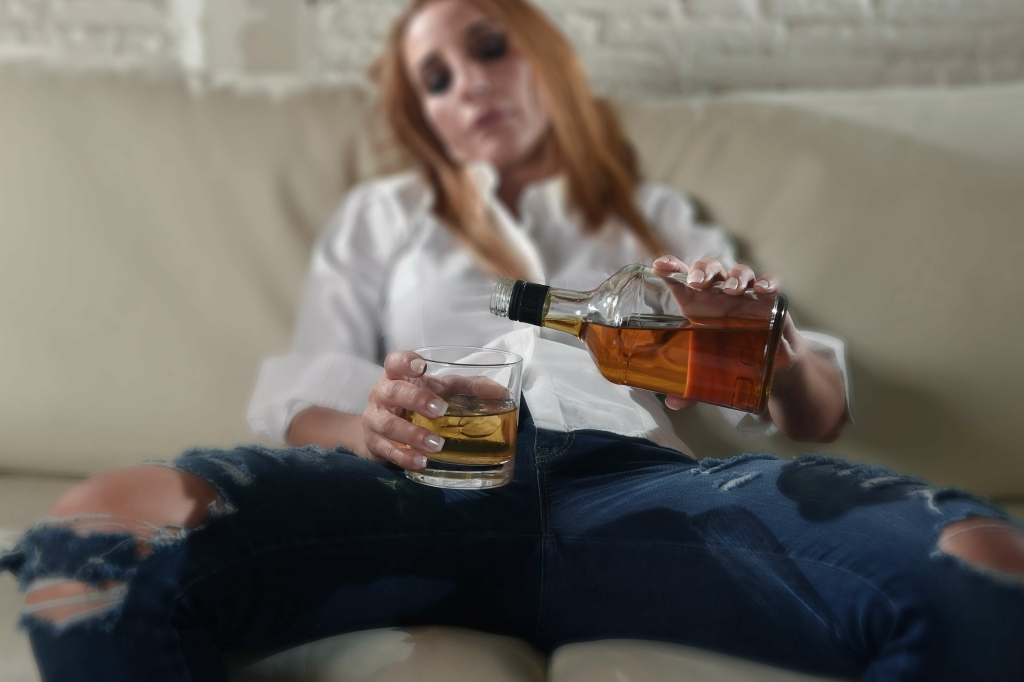Talk to your doctor or an addiction specialist to learn more. Alcohol withdrawal symptoms usually start within hours after you stop drinking, peak in a day or two, and improve within five days. But in some alcoholics, withdrawal is not just unpleasant—it can be life threatening. Some people are able to stop drinking on their own or with the how to overcome alcoholism help of a 12-step program or other support group (see below for links). Others need medical supervision in order to withdraw from alcohol safely and comfortably. Which option is best for you depends on how much you’ve been drinking, how long you’ve had a problem, the stability of your living situation, and other health issues you may have.
- If you don’t have a regular doctor, see a primary care provider or visit a free health clinic near you.
- As you become more aware of the problems you are facing, you might then struggle with feelings of ambivalence even as you become more aware of your need to overcome your addiction.
- Nearly all risks involved with alcohol addiction may be avoidable or treatable, with successful long-term recovery.
- Relapse rates are common among those who seek treatment for an addiction.
You may not need to completely reinvent your life to quit drinking, but making a few changes in your surroundings to help avoid alcohol triggers can make a big difference. A person’s beverage choices and diet can contribute to their blood pressure. Some drinks may help reduce hypertension, such as beetroot juice and tea. Other drinks, such as caffeinated beverages and alcohol, can increase it. Take our free, 5-minute alcohol use self-assessment below if you think you or someone you love might be struggling with alcohol misuse. This evaluation consists of 11 yes or no questions that are designed to be used as an informational tool to assess the severity and probability of an alcohol use disorder.
Alcohol Abuse by the Numbers
Listening to others facing the same challenges can serve as a tremendous source of comfort and support, and help you develop new tools for coping. Alateen is a similar support group specifically for teens who have a family member abusing alcohol. Help your loved one plan how they’re going to avoid triggers to drink, deal with alcohol cravings, and cope in social situations where there’s pressure to drink.
Almost every community in the United States has community
initiatives, support group meetings and some form of help for alcoholics. Anyone experiencing problems with alcohol can benefit from counseling and therapy. A counselor can help you develop personalized
strategies to get sober. Counseling can be simple or intensive depending on the severity of your drinking problems. People who are physically dependent on alcohol should gradually reduce, or taper, their alcohol intake. People who are dependent but not addicted to alcohol may not require rehab.
Alcohol Addiction & Abuse: Signs, Symptoms, and Treatment
Try not to allow your loved one’s behavior to dictate your own health and happiness. Schedule time into your day for relaxing, maintaining your own health, and doing the things you enjoy. Your loved one’s recovery can be a long process, so you need to maintain a balance in your life. Teens today experiment with alcohol earlier and more often than ever before.
- Risk factors such as genetics, biological markers, and psychological disorders lead children to use or abuse alcohol.
- If appropriate, your loved one’s doctor may even prescribe medication approved to help treat alcohol dependence.
- There may be very little you can do to help someone with AUD until they are ready to get help, but you can stop letting someone’s drinking problem dominate your thoughts and your life.
- Many family members of someone struggling with alcohol dependency try everything they can think of to get their loved one to stop drinking.
Or a doctor could prescribe drugs to assist with other emotions common in recovery. These complications are reasons why it’s important to treat alcohol addiction early. Nearly all risks involved with alcohol addiction may be avoidable or treatable, with successful long-term recovery.
Identifying Relapse Triggers
The first option is to change one or more conflicting attitudes, behavior, or beliefs. For example, you could simply match your behavior with your belief by stopping drinking. But with alcohol, things can get complicated quickly, as people often have conflicted beliefs about alcohol. For instance, you may believe alcohol is bad for your health, but also believe alcohol is the source of your happiness.
The primary obstacle is not the message itself—it is based on sound science and readily understandable to experts and non-experts alike—but how to spread the word. That’s where these community health campaigns sometimes fall short. There are a lot of good ideas floating around out in the world that just don’t make it to everyone’s ears.

